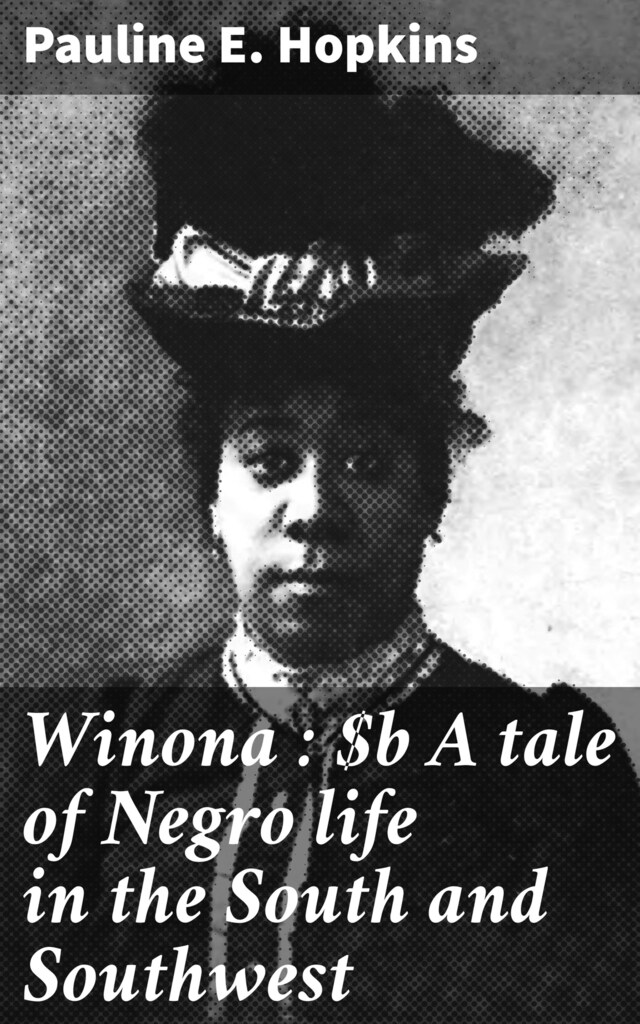
Winona : A tale of Negro life in the South and Southwest
Navigating race and resilience in the Jim Crow South: A powerful tale of identity and prejudice

